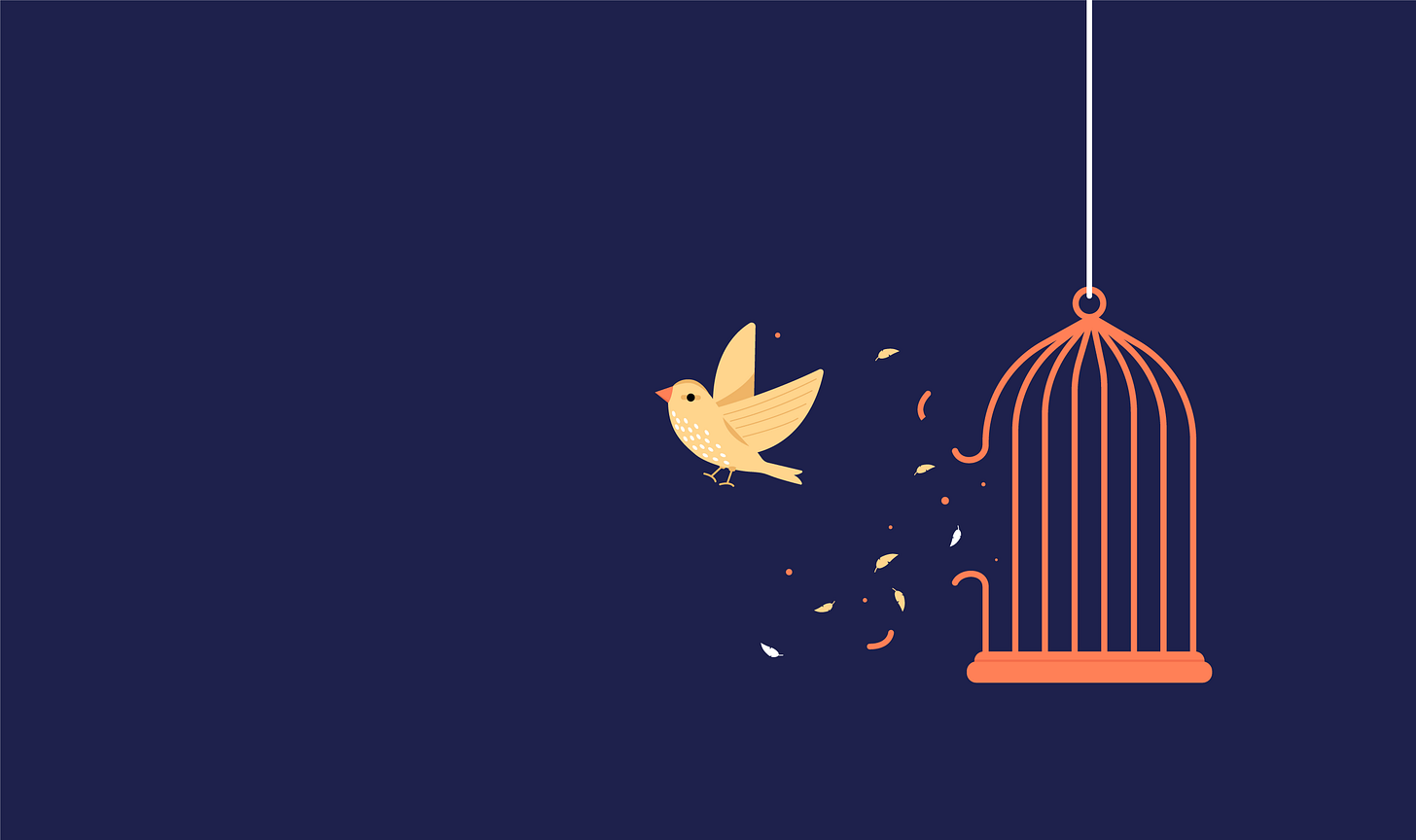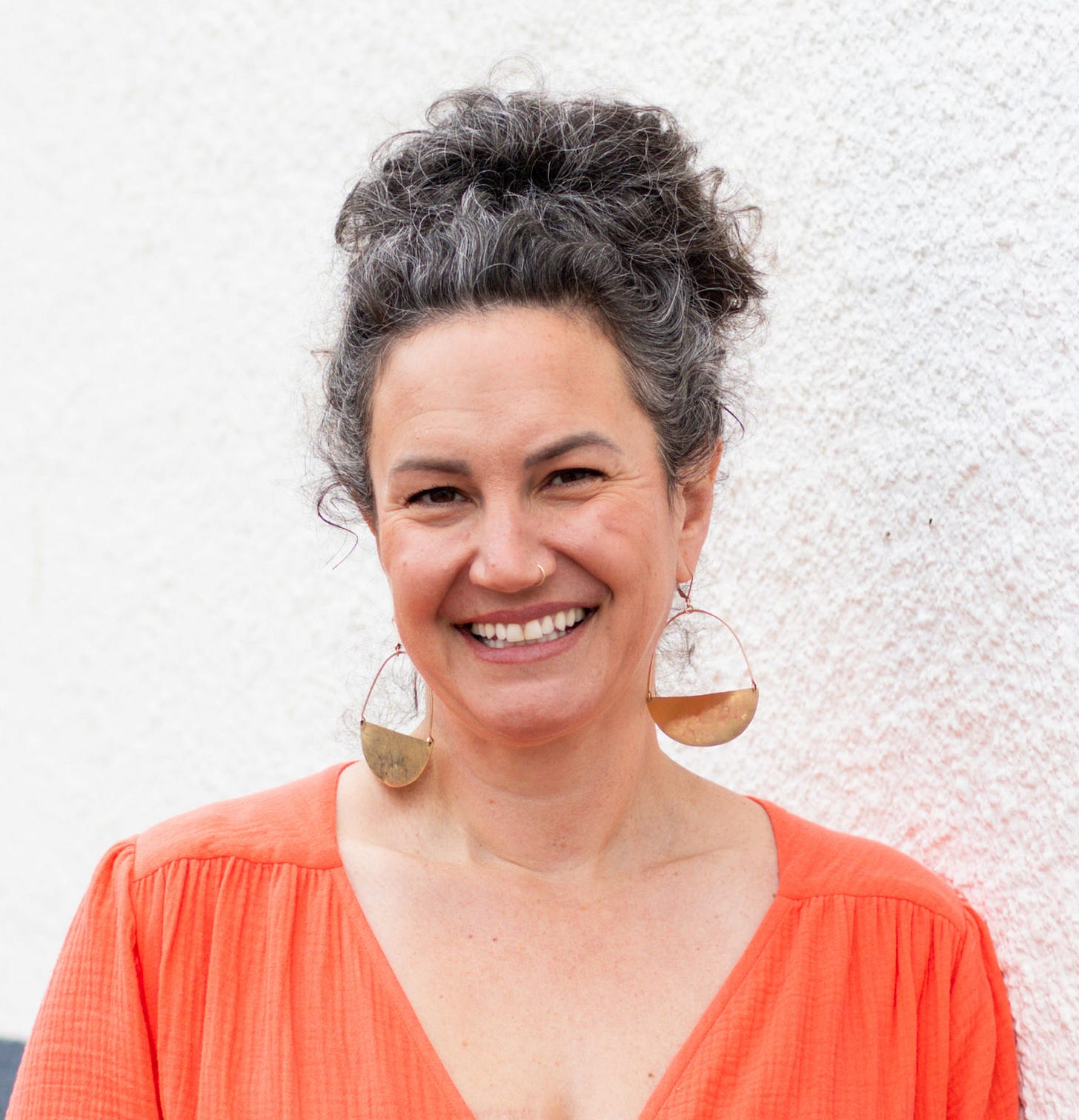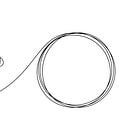'Winners' Know When To Quit
Emily McDowell on the power of letting go of what's not working
We've all heard it said that "winners never quit, and quitters never win."
This formulation has many problems, including sorting people into "winners" and, presumably, “losers.”
However, the primary issue with this saying is that it isn't true.
“Winners" quit all the time. In fact, if you want to achieve whatever you consider to be success in your personal or professional life, it's imperative that you know when to quit.
The “winners never quit” maxim was reportedly popularized by Napoleon Hill, a controversial self-help author who is believed to have created the personal success genre. In Hill’s mind, a "winner" was a person who was professionally successful and wealthy.
For our purposes, let's just say that a “winner” is someone who makes decisions that get them closer to a life they find fulfilling. This could include quitting or not quitting, depending on the situation.
Like many people, I was indoctrinated with the idea that quitting was bad—something that "weak" people do. The first time I remember quitting something big was my senior year in high school. After being committed to my place on the cross-country running team in my sophomore and junior years, I decided I didn't want to do it anymore. I despised running and didn't want to spend my last year in high school doing it. When I finally decided to quit, I remember my best friend shaming me and lecturing me about how wrong it was to quit.
Believe it or not, she was trying to be helpful.
This was just accepted conventional wisdom. I can't say how I had the nerve to buck it. It would be a skill I lacked as a young adult, leading me to linger far too long in many toxic situations, from relationships to jobs. Eventually, though, as I became more emotionally healthy and aware of how cultural conditioning was running my life into the ditch, I started quitting things left and right.
The results were pretty great.
Every time I decided to let go of something that wasn't working for me or making me unhappy, a space was opened up for something more aligned to come into my life. Without fail, those spaces were filled with something better than what I had been so desperately clinging to.
I quit a job, a church and pulled back from some unhealthy friendships. I quit diets and punishing exercise regimes that made my life miserable. I even quit my first Substack publication and eventually launched what you are currently reading. Though I knew it made me look flaky, I had no choice but to change course. It's ended up being one of the best decisions I've made.
But there was one place I stayed stuck: the new job I jumped to at CNN when I quit the other one had run its course, but I couldn't leave no matter how burnt out, depressed and miserable I was. Part of it was that my identity was tied up in my career; part of it was the fear of going without a steady income while I figured out what was next.
What lurked behind my fear and inertia most of all was the idea that you don't quit an "impressive" job even if you hate it. After all, I scaled this gigantic mountain and was finally at the top. This is what I had wanted, wasn’t it? What was I going to do now—start at the bottom of another mountain? At my age?
Well, yes, actually.
Eventually, CNN's new owners made the decision for me. I won't say that living without a salary hasn’t been scary, but even with that uncertainty I am ten million times happier and healthier than before. While making a tiny fraction of what I used to earn, I love what I'm doing. I love writing here at Substack; I love the book idea I'm working on. I love that I’m getting ready to move to Italy. None of this would be happening if I was still at CNN because there would be no space for it.
Perhaps I would have quit even if CNN hadn’t let me go; I was definitely at a breaking point. But there is no way to know. What I do know is that sometimes the thing we hold onto the hardest—the thing we believe we can’t live without—is what’s standing in the way of our happiness.
, who is my guest interview today, wrote about the conundrum of wanting to leave your “dream job” that you worked so hard to get:Is it self-indulgent or foolish to quit a “dream career” that I would have killed for at one point? Should I just suck it up and keep going? Will people think I’m a failure or a flake? AM I a failure or a flake? What does wanting to quit things say about who I am?
In our interview, Emily tackles these questions and discusses how hard it was for her to step away from her wildly successful greeting and empathy card company, Em & Friends, even though she was burnt out and knew it wasn’t healthy to stay.
What she found on the other side was a passion for quitting, so much so that she launched a wonderful podcast called Quitted with
.Emily noted in the interview:
[T]he things that had the biggest impact on me were almost never things that I started doing. They were more things that I stopped doing. And we live in a culture that is all about starting and hacking and doing and optimizing and “do more.” And I had kind of started to observe the opposite in myself: that actually the things…I stopped doing were the things that had the [most] positive impact on me.
Emily and I also discussed the phenomenon of refusing to quit and instead just allowing the situation to deteriorate until it becomes untenable. Eventually, you quit at your lowest point in an act of desperation, or the other person—your boss, a romantic partner, or a friend—puts you out of your misery. I’ve played this out in countless jobs and relationships, and trust me, there is a better way.
We all need to learn how to quit before we hit rock bottom.
Watch the interview—or read the transcript—to hear Emily reframe how to think about quitting and get you started on making your own list of things to quit (feel free to drop your list in the comments).
You can find everything about Emily here, including how to work with her one on one.











First question, Kirsten, is, where have you been all my life? lol... THIS! Yes! I feel every word you've written here as I painfully await retirement from my government job in about five years (which, I realize, isn't a long time in the grand scheme of things, but I started feeling this way over ten years ago). I rarely complain about it aloud because most people would kill for this job. It felt like such a "first-world problem" to complain when others are not so fortunate. Plus, I felt like I had painted myself into a corner with this particular position with no real way out (that's a whole other story).
I have finally accepted where I am, and I am okay waiting it out (unless something truly phenomenal drops into my lap). After reading Barbara Sher's books I see it now as my "good enough" job because it does allow me enormous freedom to pursue my true interests and to prep for my retirement career. So there's that.
But I believe this notion of winners don't quit is also hugely perpetuated in social media, where people only present themselves as enormously successful (whatever that success may mean, but usually fame, fortune, and followers), and they only got there via blood, sweat, and tears. Never give up! Never surrender! Once I quit Twitter, and most recently, Instagram, this notion of never giving up has completely left my life - and I couldn't be happier! Maybe that's what we need more of - quitting social media - and mass media - as a whole! :-)
As always, thank you for the essay. I will be sharing with some friends who definitely feel the same.
Remember all the backlash Simone Biles got when she pulled out of competition during the Olympics? That was a huge “quitters never win” moment, from so many comments I saw about her.
In my first job, I was a proofreader at an ad agency. I was at a wedding and the priest who conducted the ceremony asked me during the reception what my job was. I told him, and he said something like, “Pamela, is that really the kind of work that’s right for you?” And he was RIGHT, even though he and I hadn’t met before the wedding. I’ll never forget that. I was in my early 20s.
But I stayed until they fired me, haha.
Thanks for this important topic.